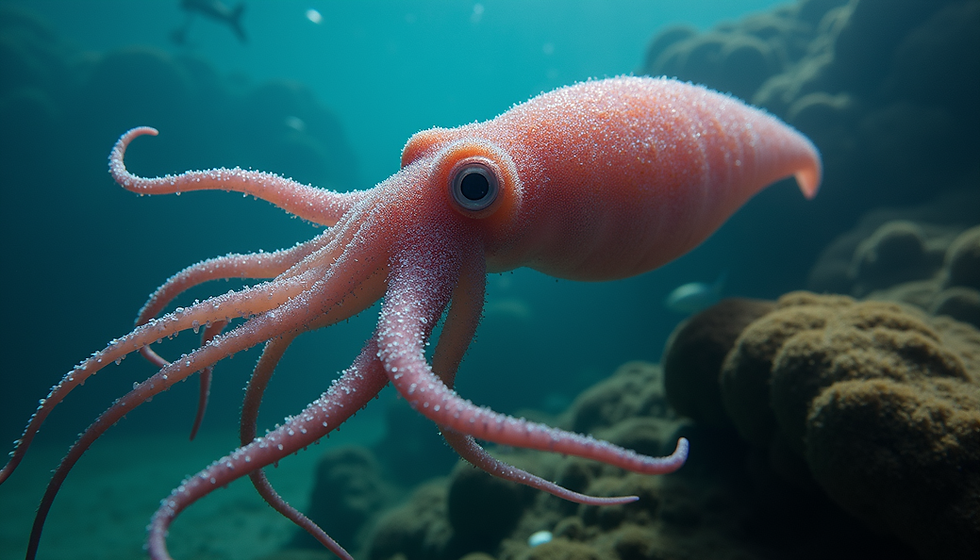The Untold Secrets of Pond Fishing: A Novice Angler's Comprehensive Guide to Success
- Flying Fishman

- Mar 18, 2025
- 4 min read
Pond fishing is more than just a relaxing outdoor activity; it’s a fulfilling way to connect with nature and enjoy some quiet time. Whether you're curious about fishing or just looking for a way to unwind by the water, mastering the basics of pond angling can greatly improve your experience. In this guide, we will go through essential techniques, gear suggestions, and strategies to help every novice angler succeed.
Understanding the Basics of Pond Fishing
Pond fishing typically involves catching fish in smaller, freshwater bodies such as ponds and lakes. These spots often house various fish species. In the United States alone, popular options include:
Largemouth Bass: Known for their aggressive feeding, they often weigh between 1-10 pounds.
Bluegill: These panfish are perfect for beginners, typically weighing 0.5-2 pounds.
Catfish: Many ponds are stocked with catfish, which can grow to 1-30 pounds.
Trout: Depending on the pond's management, certain types of trout may be available, ranging from 1-5 pounds.
Before you head out, familiarize yourself with local fishing regulations. Specific guidelines often include limits on catch sizes and the number of fish you can keep. Knowing the rules can help you avoid fines and contribute to sustainability efforts.
Every pond is unique. Factors such as water depth, surrounding vegetation, and the types of fish available can affect your fishing success. Spend a little time observing your selected fishing spot, as this knowledge can be key to your success.
Essential Gear for Novice Anglers
Selecting the proper gear can make a significant difference in your fishing experience. While you don’t need a lot of equipment as a beginner, it’s important to have the right tools on hand. Here’s a basic list to get started:
Fishing Rod and Reel
Start with a medium-action spinning rod and reel combo. This setup is versatile and ideal for catching various fish species. Aim for a rod between 6 to 7 feet in length for better control and comfort when casting.
Fishing Line
Choose a monofilament line with a test strength of around 6 to 10 pounds. This type of line is easy to handle for newcomers and works well in most pond environments.
Hooks and Lures
Invest in various hooks in different sizes, such as #8 and #10, to cover different fish types. Stock up on lures as well, including:
Soft Plastic Baits: These mimics are often irresistible to bass.
Spinnerbaits: Great for attracting fish in murky water.
Topwater Frogs: Effective during warm weather when fish are surface feeding.
Live bait is equally effective. Worms and minnows are easy to find and can often yield great results.
Fish Finder (Optional)
While not necessary for beginners, a fish finder can help you locate fish more efficiently. If you're unsure about where to cast, this gadget could simplify your search, especially in larger ponds.

Techniques for Successful Pond Fishing
Casting Techniques
Mastering the casting technique is fundamental to fishing effectively. Start with basic overhead casting, making sure your lure lands quietly on the water. This is particularly important for species like trout and bass, which can be easily spooked. The more you practice, the better your distance and accuracy will become.
Understanding Fish Behavior
Fish tend to be more active during dawn and dusk, as this is when they are most likely to feed. On average, anglers find that fishing during these hours can increase their catch rate by up to 50 percent. Additionally, overcast days often provide excellent fishing opportunities since fish feel more secure and willing to venture out.
Finding the Right Spot
Look for fish congregating near structures like fallen trees, lily pads, or rocky outcroppings. Fish are drawn to shaded areas and deeper water, where they can find cover and food. Targeting these spots can improve your chances of making a catch.
Fishing Etiquette
Respecting fellow anglers and the environment is essential. Keep these key points in mind:
Leave No Trace: Clean up after yourself. Dispose of any trash or discarded fishing gear properly.
Respect Others Around You: Avoid casting too close to other anglers. Everyone deserves space to enjoy their fishing experience.
Practice Catch and Release: If you don’t plan to eat your catch, consider releasing it. This ensures that fish populations remain healthy for future anglers.
Safety Considerations for Pond Fishing
Though pond fishing is generally safe, being aware of potential hazards is important. Always wear a life jacket when fishing from a boat or kayak, and stay alert to changing weather conditions. Sudden storms can pose serious risks.
Protect Yourself from the Sun
Long hours outdoors can lead to sunburn. Wear a wide-brimmed hat, sunglasses, and apply sunscreen with a high SPF to shield yourself from harmful UV rays.
Learning and Improving Your Skill
Fishing is a skill best developed through practice and patience. Take each fishing trip as an opportunity to learn, whether or not you catch anything. Consider joining local fishing classes, reading books, or engaging in online forums to gain valuable insights.
Keeping a fishing log can also enhance your learning. Document your experiences by noting which techniques and baits were effective, as well as the time of day, weather conditions, and fish species caught. This record will help you refine your approach for future outings.
Embrace the Joys of Pond Fishing
Pond fishing is an enriching activity that allows beginners to immerse themselves in nature while learning a new skill. With the right equipment, knowledge of effective techniques, and a commitment to etiquette and safety, novice anglers will be well-prepared for successful fishing trips.
Remember that every angler’s journey is different. Embrace your learning curve and don’t be discouraged by obstacles. With practice, you’ll discover the joys of pond fishing—a peaceful escape while casting your line under the open sky. Happy fishing!



